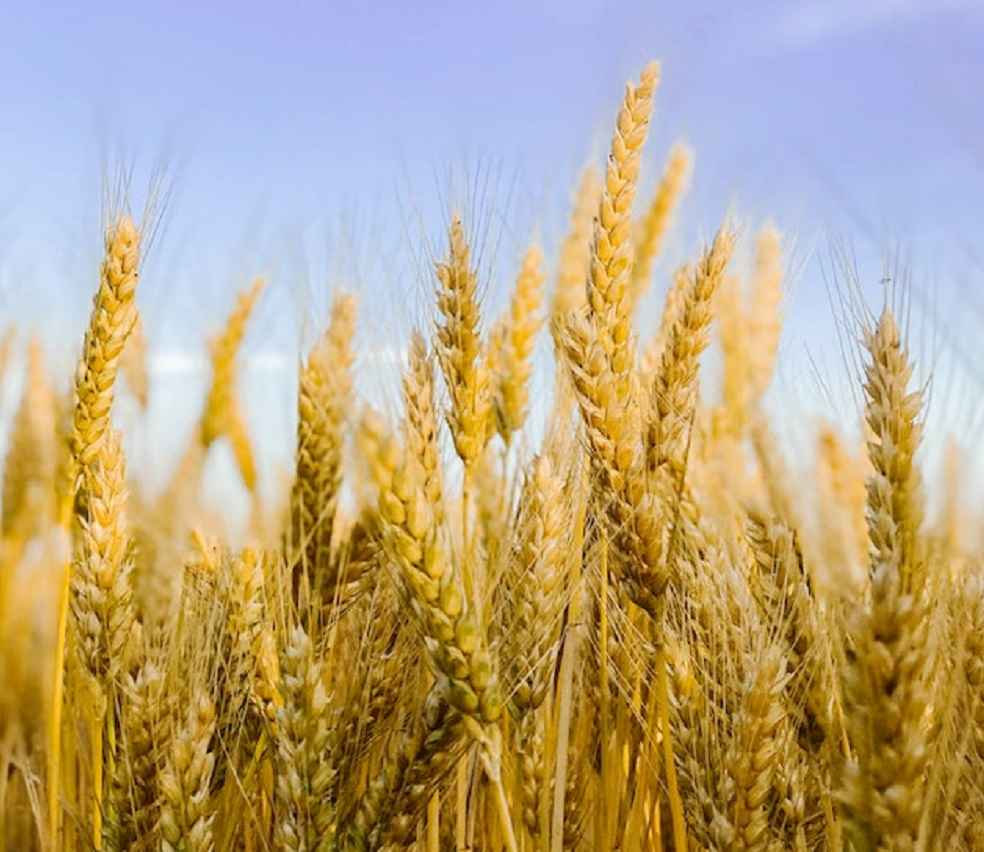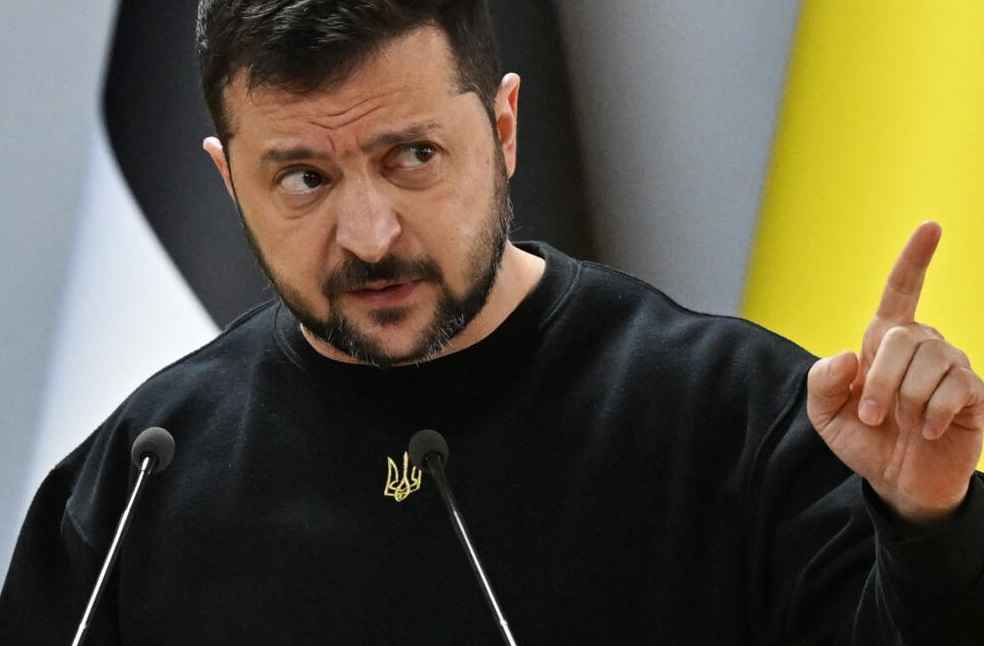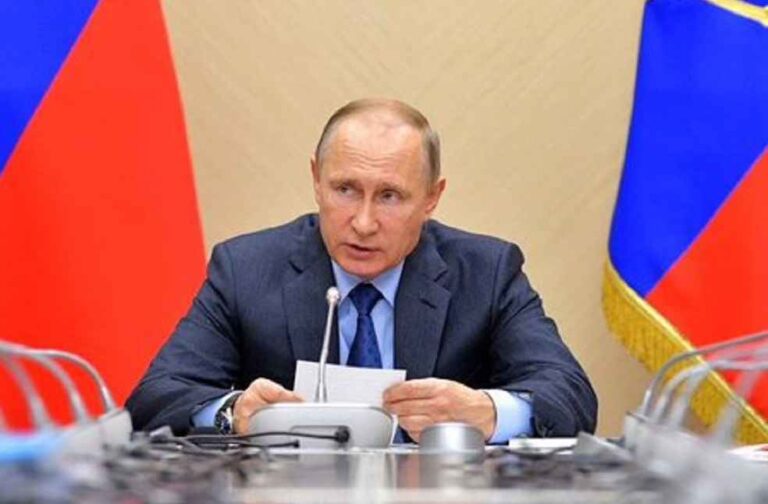Russia temporarily suspends the pivotal wartime Black Sea Grain Initiative on Monday, a move that permits the flow of grain from Ukraine, critical in mitigating the global food crisis. This action is set to intensify the growing hunger and poverty issues plaguing countries in Africa, Asia, and the Middle East due to soaring food prices
Kremlin spokesman Dmitry Peskov announced Russia’s decision to halt the initiative, seeking global recognition of its demands for food and fertilizer. Despite issues related to shipping and insurance restrictions, Russia has managed to export record wheat amounts since last year.
The deal’s suspension has seen wheat prices increase by 3%, but analysts foresee this impact as temporary due to increased wheat and corn exports from countries like Russia and Brazil. Nevertheless, the global food security situation is leading to more challenges for developing countries grappling with climate change, conflicts, and economic crises.

The grain agreement was crucial for the safety of ships moving through Ukrainian ports, whereas a different pact ensured the mobility of Russian food and fertilizer. However, despite the lack of Western sanctions against Moscow’s agricultural shipments, businesses exhibit wariness in dealing with Russia.
The Black Sea Grain Initiative successfully exported 32.9 million metric tons of grain and other foodstuffs from three Ukrainian ports, according to the Joint Coordination Center in Istanbul. Despite this, Russia asserts that the deal disproportionately favors wealthier nations.
The conflict in Ukraine last year, along with the COVID-19 pandemic and climate-related issues, pushed food commodity prices to record levels, precipitating a significant global food crisis. The initiative’s suspension introduces “instability and uncertainty” into global food markets, potentially escalating prices and heightening food insecurity, warns Shashwat Saraf of the International Rescue Committee.

The key concern now is whether Russia may “weaponize” its wheat exports, which could severely impact vulnerable nations like Sudan, Somalia, and Ethiopia, heavily reliant on Ukrainian food imports.
The U.N. Food and Agriculture Organization this month warned of 45 countries needing external food assistance, with escalating local food prices contributing to rising hunger levels. As we mark a year into the Ukraine war, this development introduces a new layer of complexity to an already precarious global situation.
GLOBAL ROUNDUP | UK Enters Indo-Pacific Trade Bloc in Key Post-Brexit Move



